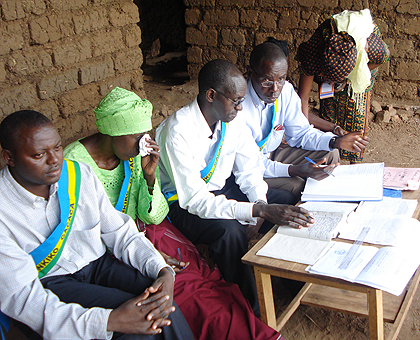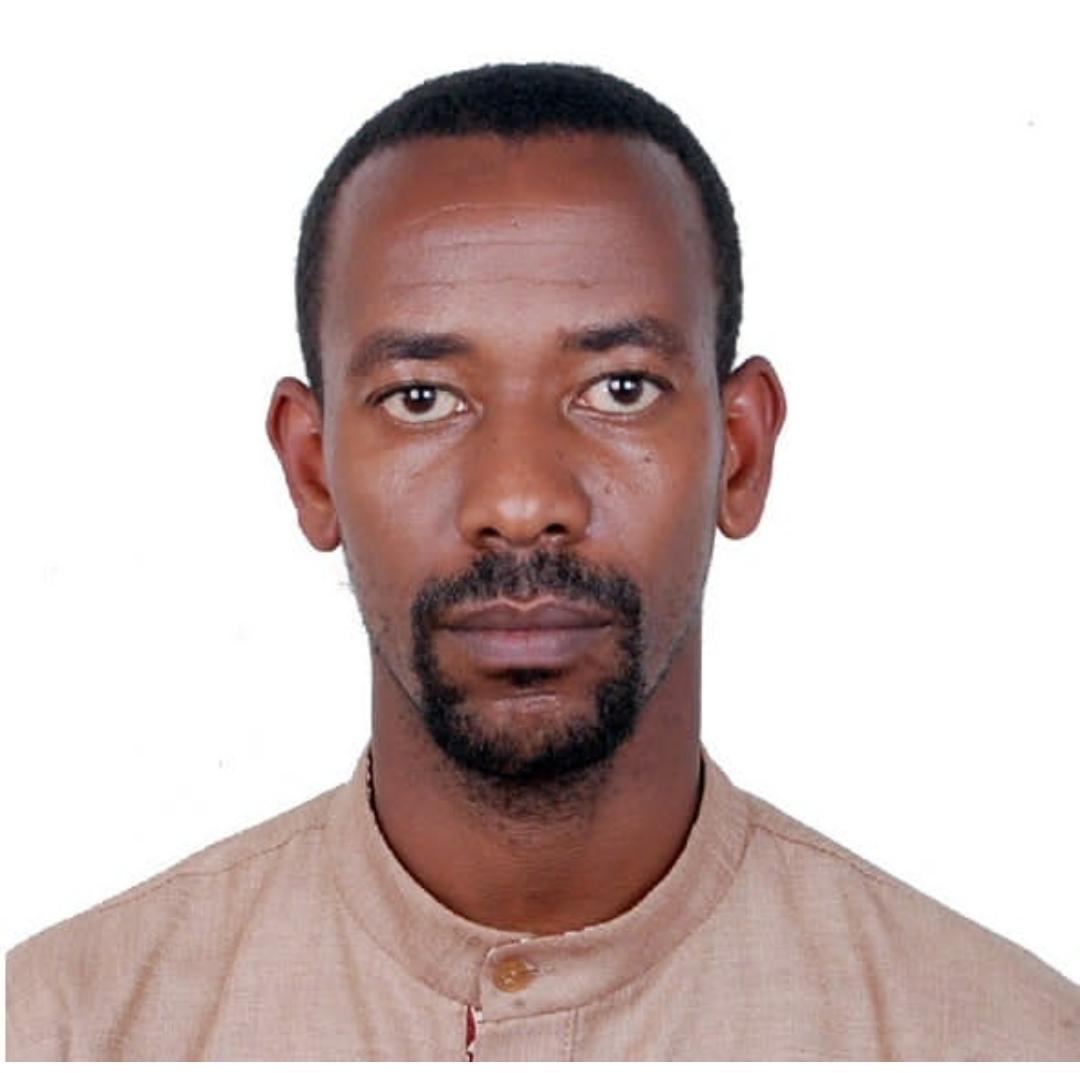The United Nations has commended Gacaca courts for delivering on their mandate and providing a solution for the complex nature of the cases related to the 1994 Genocide against the Tutsi.


The United Nations has commended Gacaca courts for delivering on their mandate and providing a solution for the complex nature of the cases related to the 1994 Genocide against the Tutsi.The praise came as Rwanda prepares to officially close the work of the semi-traditional courts later today.A statement sent to The New Times from the UN office in Rwanda stated that the Gacaca process played a key role in advancing peace, stability and reconciliation. "Not only did it address the enormous backlog of genocide-related cases and contributed to reducing prison overcrowding, and certainly it also has contributed to peace and reconciliation,”Gacaca proceedings opened in June 2002 as a response to the overwhelming backlog of Genocide-related cases and the severe overcrowding of the prison system.During the 10 years, Gacaca jurisdictions tried more than 1.9 million cases and according to the UN, these were "far from being "mob” or "vigilante” justice, as many legal critics predicted, about 25% of Gacaca cases have resulted in acquittal."The Gacaca experience serves as a lesson for us all…the UN recognised that national or "home-grown” initiatives should be supported, as they have a more direct and sustainable impact on populations” the statement reads.UNDP has been a strong supporter of Gacaca throughout the process, having provided $1.6 million to the Gacaca Courts for manuals, trainings, advocacy, and document important lessons learned during Gacaca process."It is important to record and disseminate the lessons learned of this unique process globally. It is equally important, however, to preserve the enormous volumes of rich and diverse repository historical material gathered through the Gacaca process,” the UN added.It noted that the Gacaca Documentation Centre in Kigali will be one of the largest archives documenting a mass crime anywhere in the world and will be an invaluable resource for Rwandans and foreigners alike."Even more importantly, it will also be a reminder to future generations to never let it happen again,” Meanwhile, Survivors Fund (SURF) and Ending Torture Seeking Justice for Survivors (REDRESS) have also commended Gacaca’s achievement but recommended that a taskforce on reparations be established to further consider how to address the gaps with compensations that were recommended during to rulings.Their recommendation follows research findings published this month by Legal Aid Forum- Rwanda, based on interviews with over 2,700 claimants which shows that Gacaca court judgments are the ‘hardest to enforce’, with 92% of all Genocide-related judgments yet to be enforced.According to REDRESS’ Juergen Schurr; "as Rwanda celebrates the achievement of Gacaca over the past 10 years, it is important to also address its shortcomings, including the lack of compensation for moral and bodily damage for survivors of the Genocide.”SURF’s Legal Advocacy Project Coordinator, Albert Gasake said, "While it is impossible to fully compensate for crimes such as genocide, awarding reparation payments can help to restore the dignity of survivors by acknowledging the suffering that they have been subjected to.”A joint statement released by the two organisations recommends that the taskforce on reparations could address issues such as identifying the number of compensation and restitution awards that have yet to be implemented.If established, it could consult closely with survivors and survivor organisations in Rwanda to identify their needs and determine adequate measures of reparation.It could also take into account experiences of reparation programmes in other countries, such as South Africa, Morocco and Sierra Leone.


